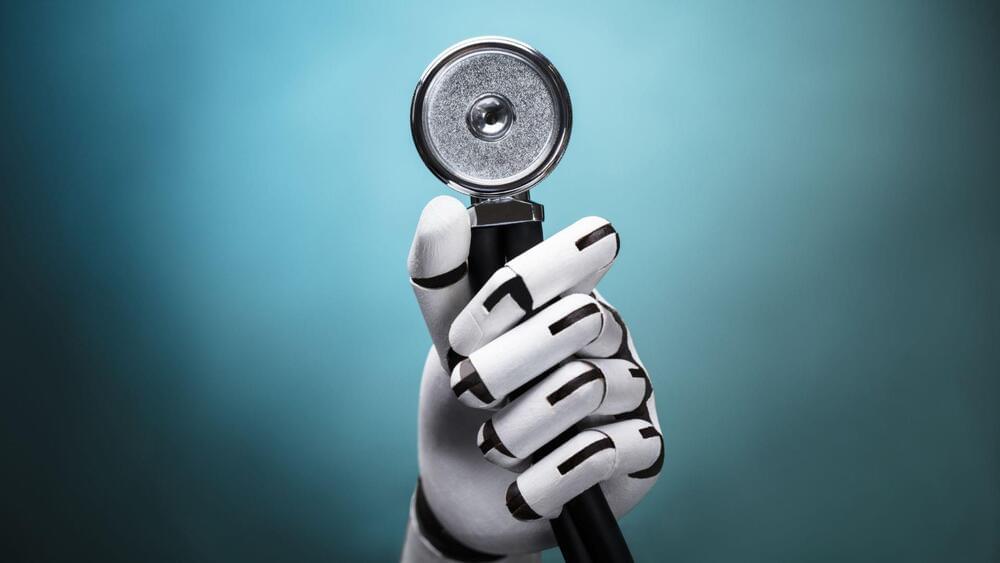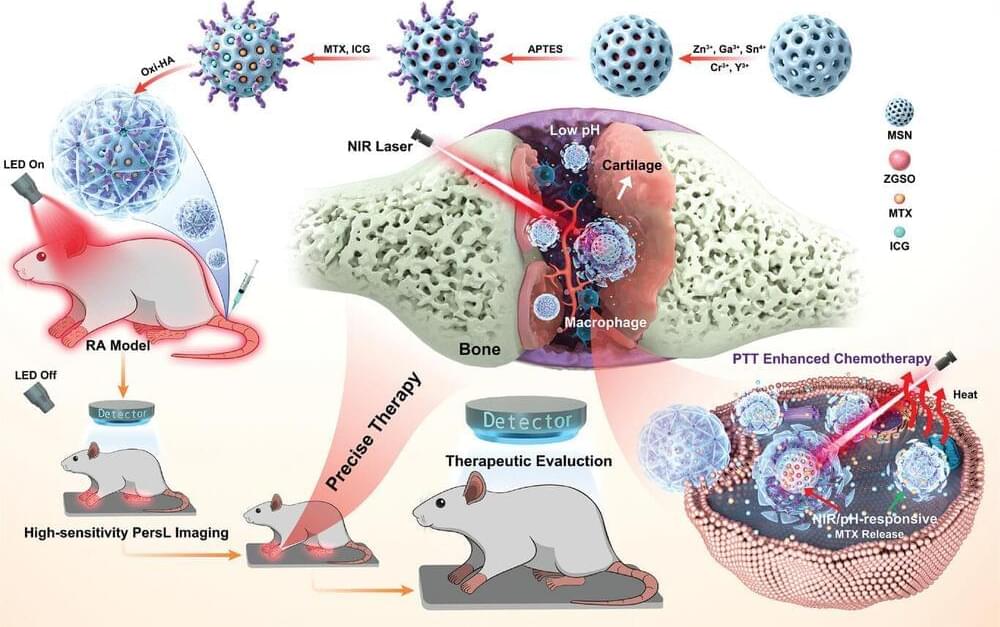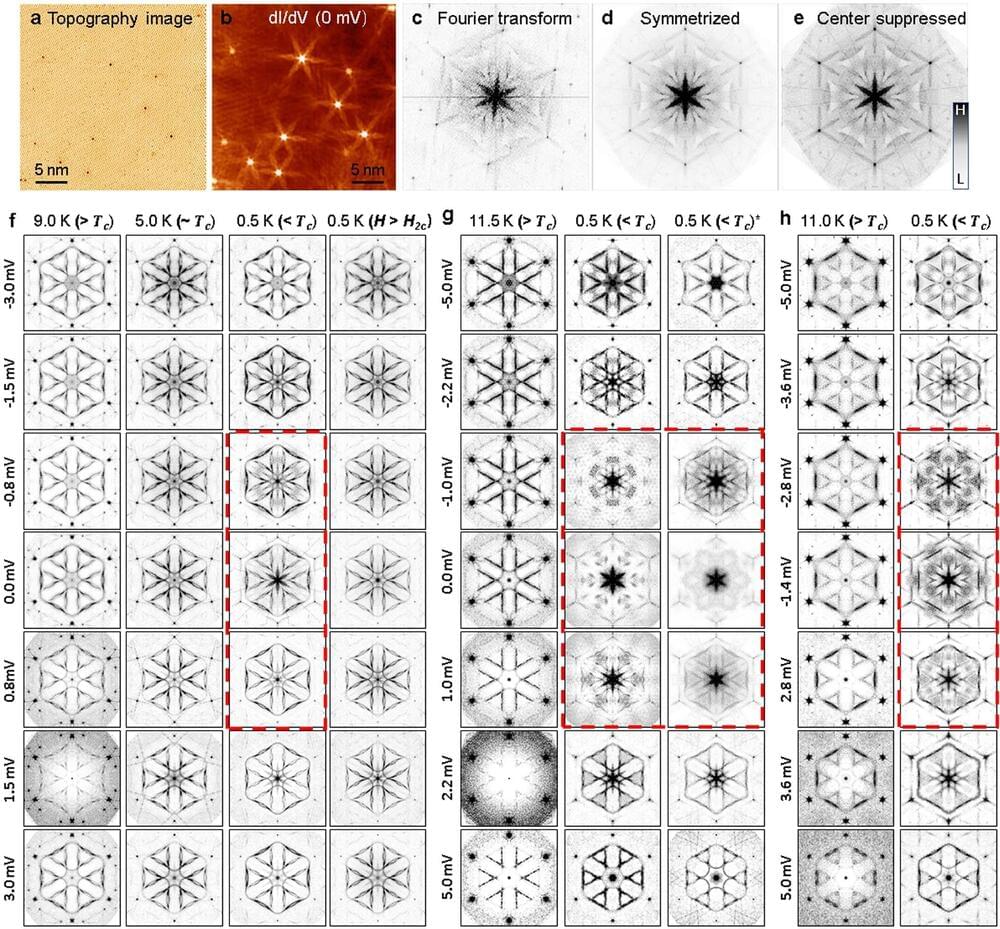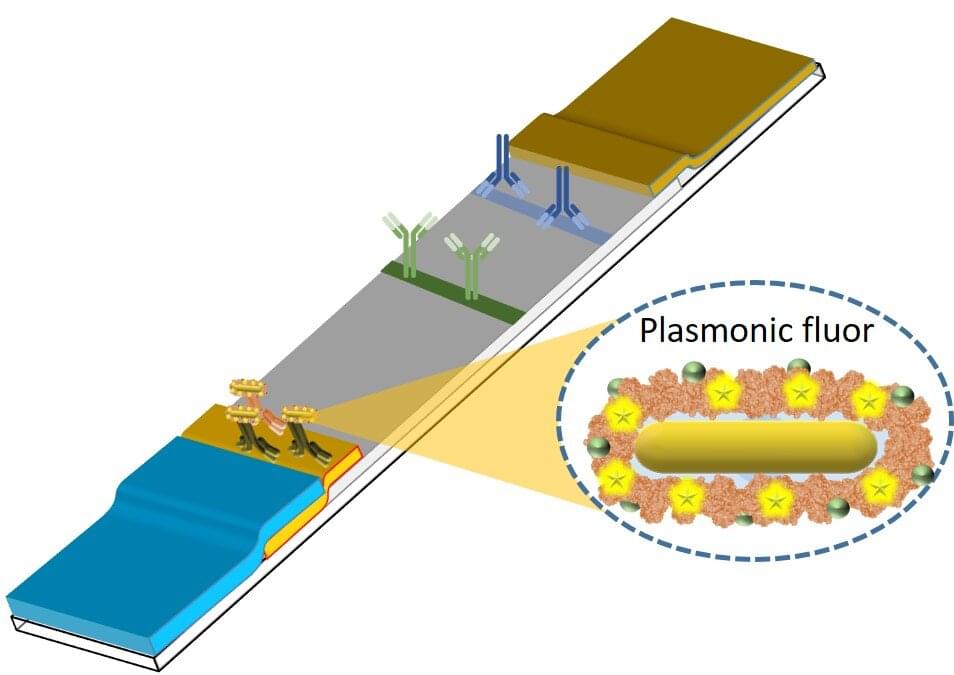Dr. Renee Wegrzyn, Ph.D. is the inaugural director of the Advanced Research Projects Agency for Health (ARPA-H — https://arpa-h.gov/), an agency that supports the development of high-impact research to drive biomedical and health breakthroughs to deliver transformative, sustainable, and equitable health solutions for everyone. ARPA-H’s mission focuses on leveraging research advances for real world impact.
Previously, Dr. Wegrzyn served as a vice president of business development at Ginkgo Bioworks and head of Innovation at Concentric by Ginkgo, where she focused on applying synthetic biology to outpace infectious diseases—including Covid-19—through biomanufacturing, vaccine innovation and biosurveillance of pathogens at scale.
Prior to Ginkgo, Dr. Wegrzyn was program manager in the Biological Technologies Office at DARPA, where she leveraged the tools of synthetic biology and gene editing to enhance biosecurity, promote public health and support the domestic bioeconomy. Her DARPA portfolio included the Living Foundries: 1,000 Molecules, Safe Genes, Preemptive Expression of Protective Alleles and Response Elements and the Detect it with Gene Editing Technologies programs.
Dr. Wegrzyn received the Superior Public Service Medal for her work and contributions at DARPA. Prior to joining DARPA, she led technical teams in private industry in the areas of biosecurity, gene therapies, emerging infectious disease, neuromodulation, synthetic biology, as well as research and development teams commercializing multiplex immunoassays and peptide-based disease diagnostics.
Dr. Wegrzyn holds doctorate and bachelor’s degrees in applied biology from the Georgia Institute of Technology. She was a fellow in the Center for Health Security Emerging Leaders in Biosecurity Initiative and completed postdoctoral training as an Alexander von Humboldt fellow in Heidelberg, Germany.






